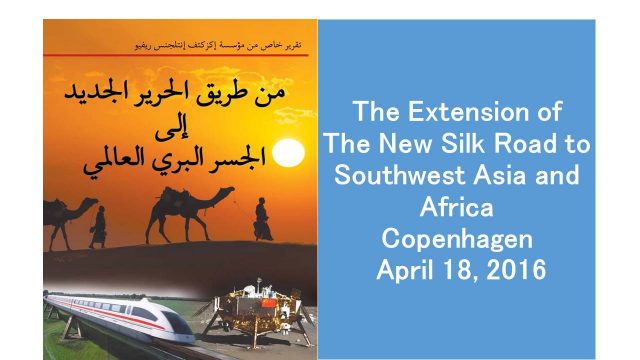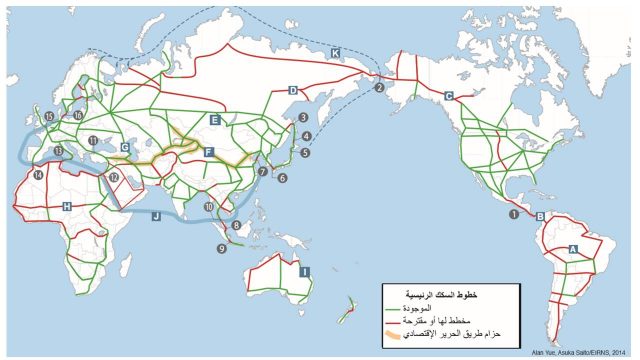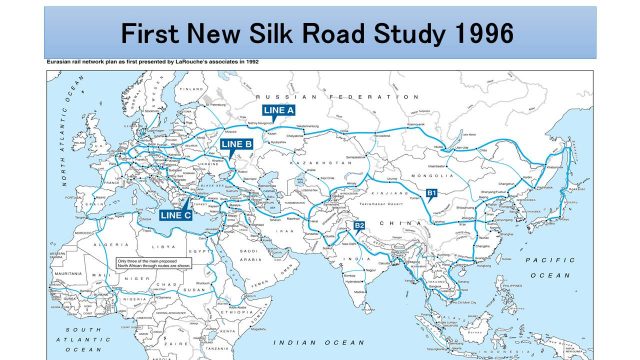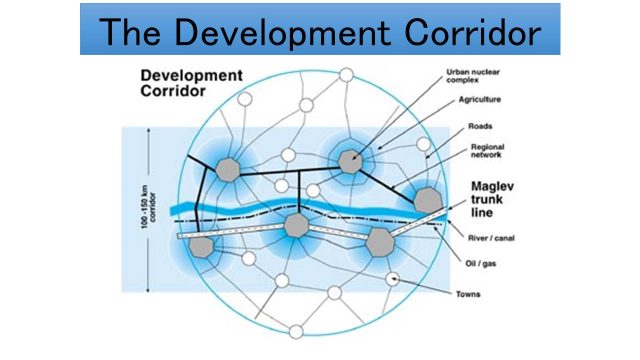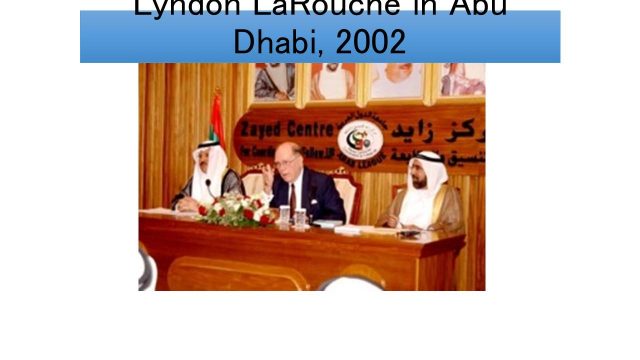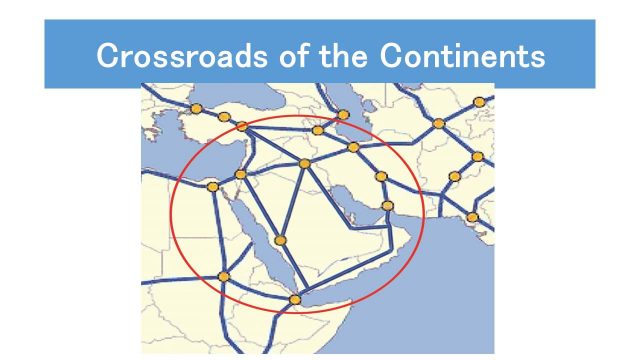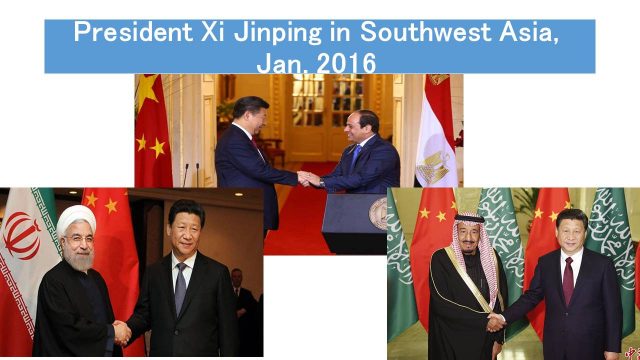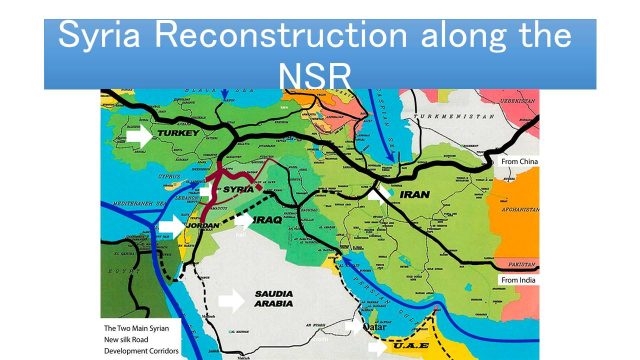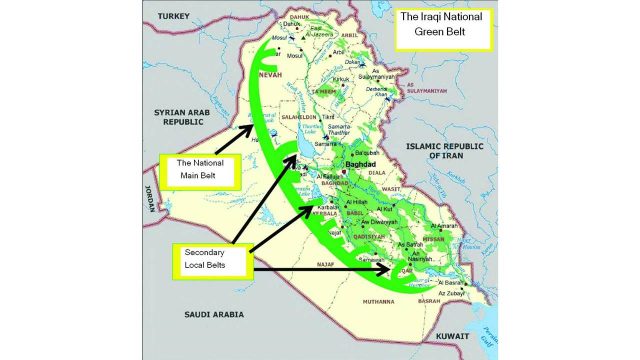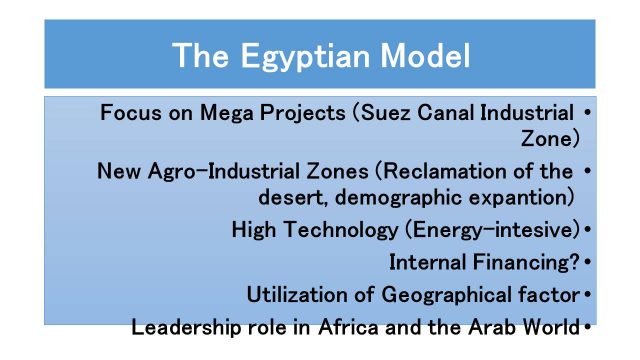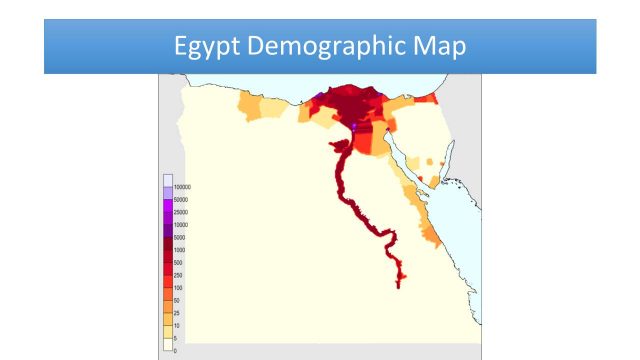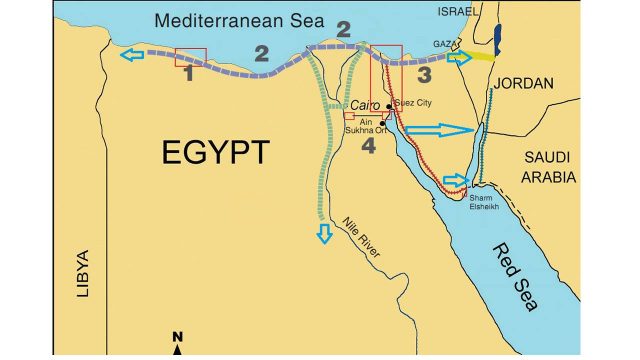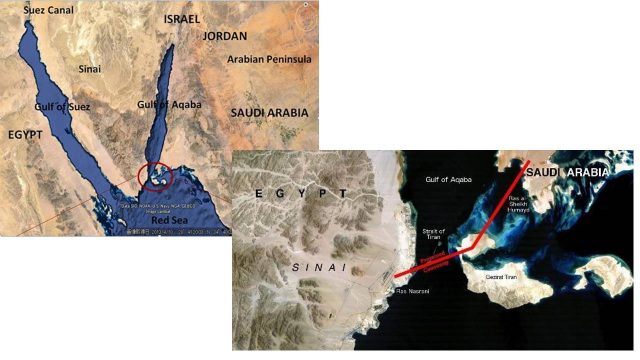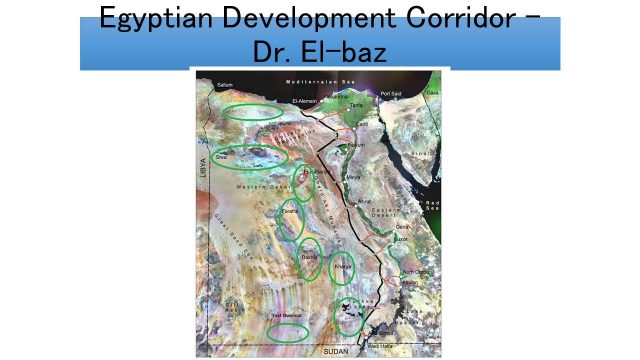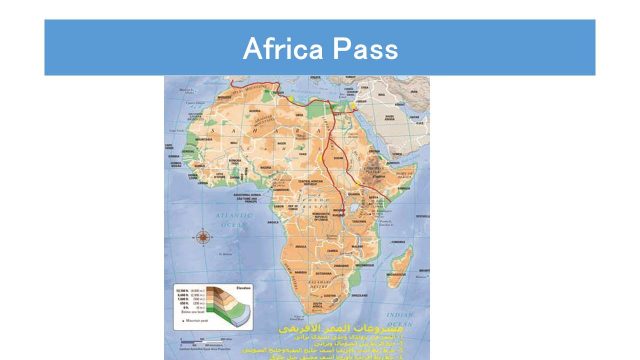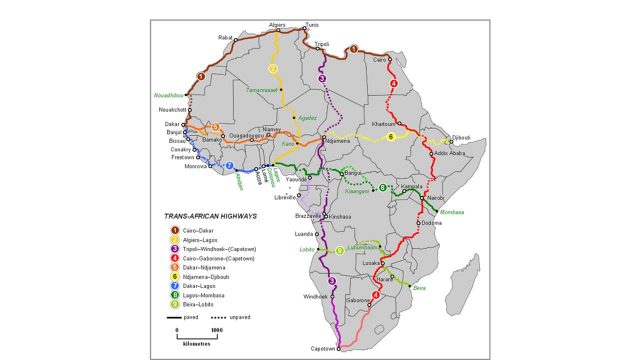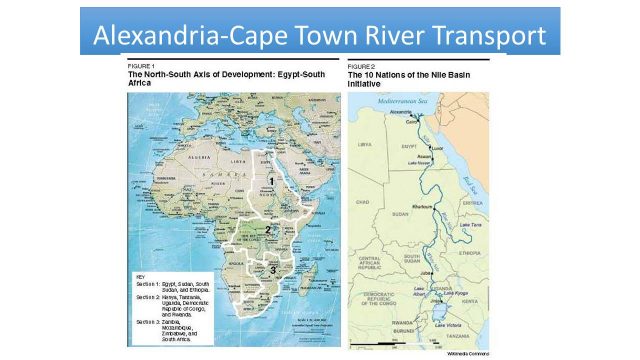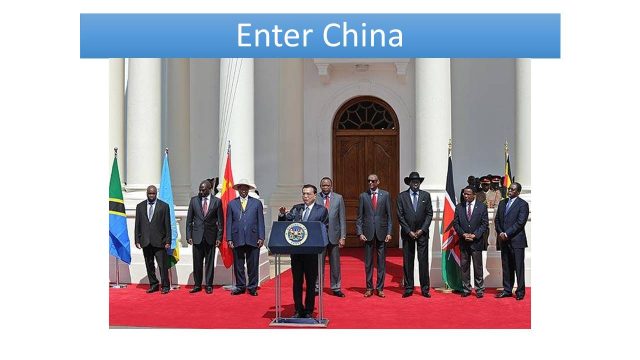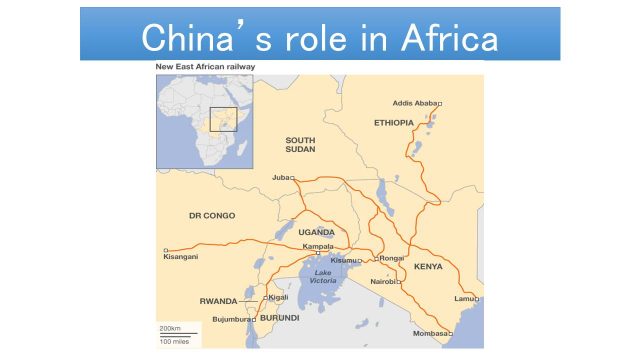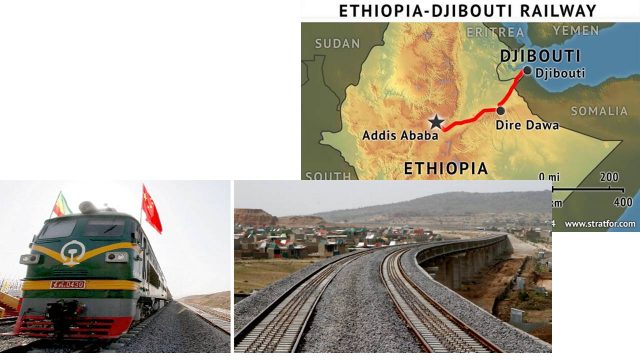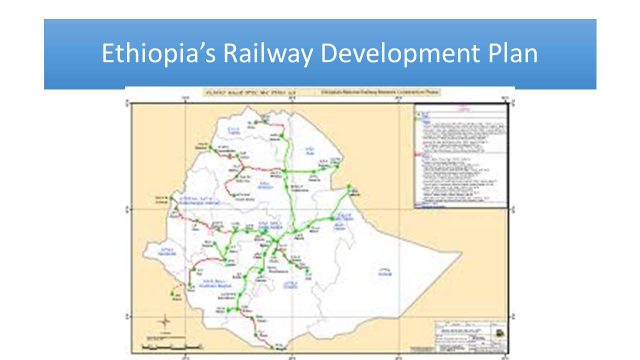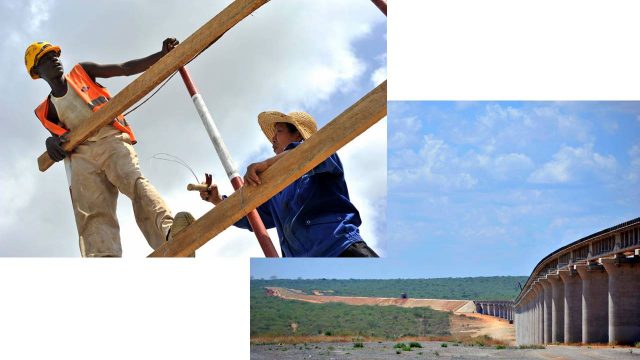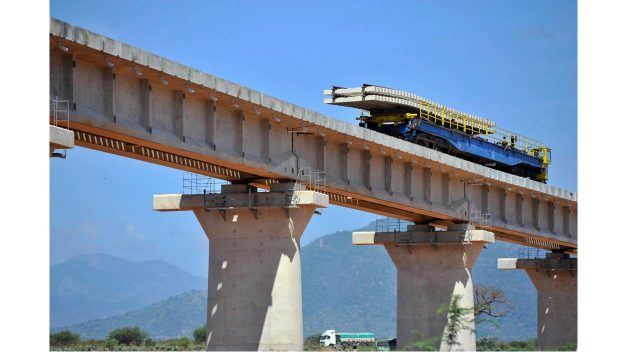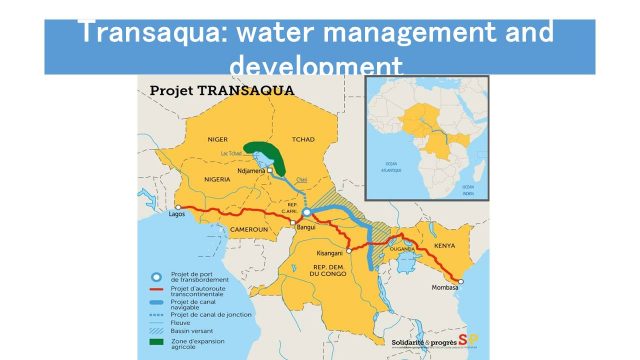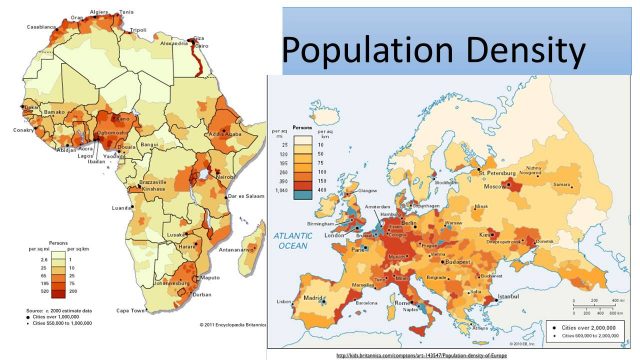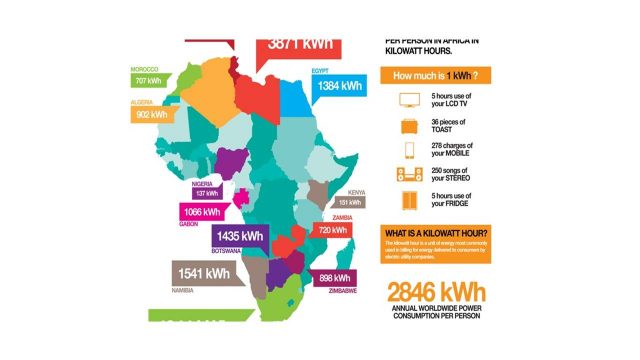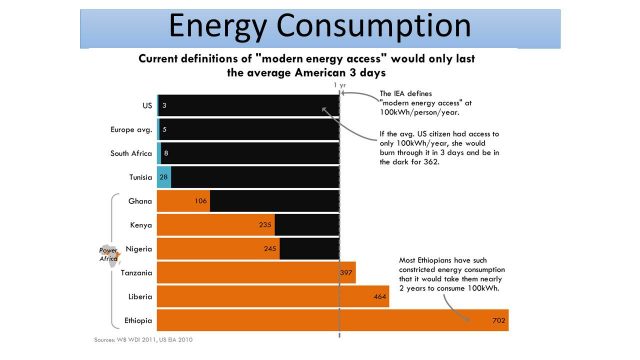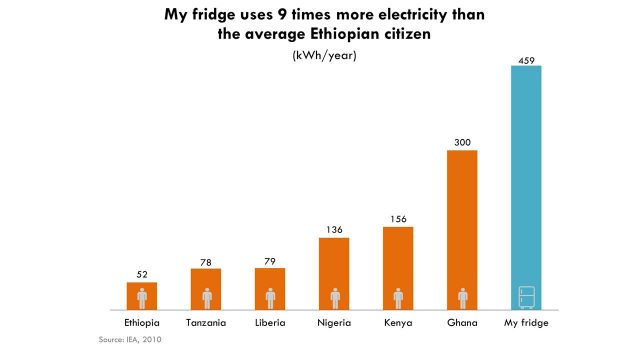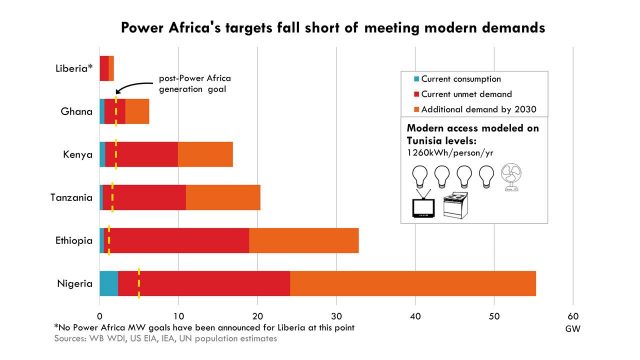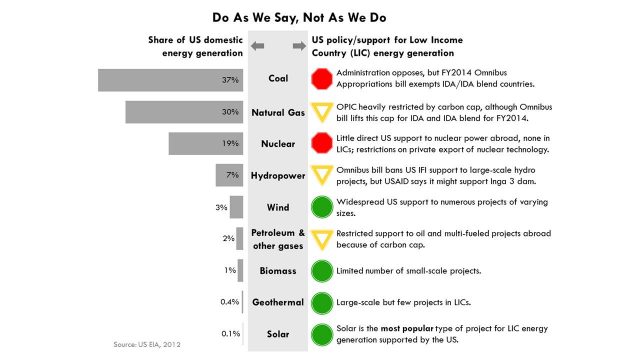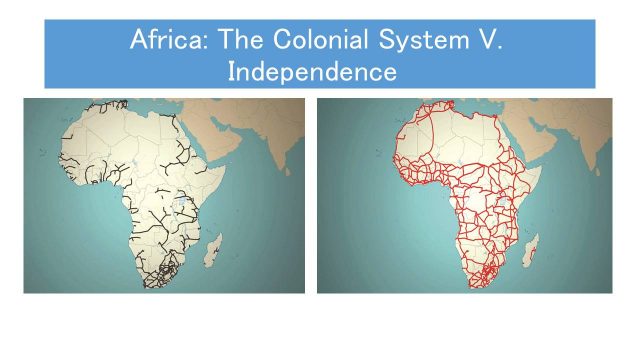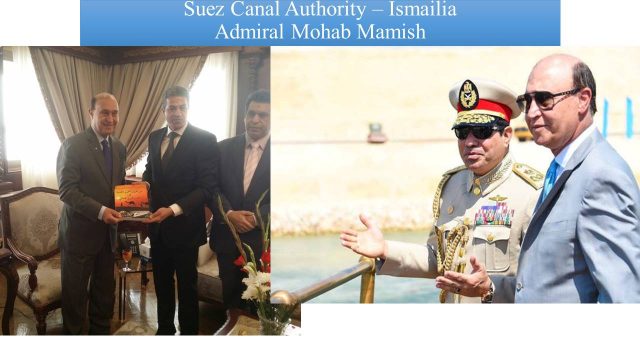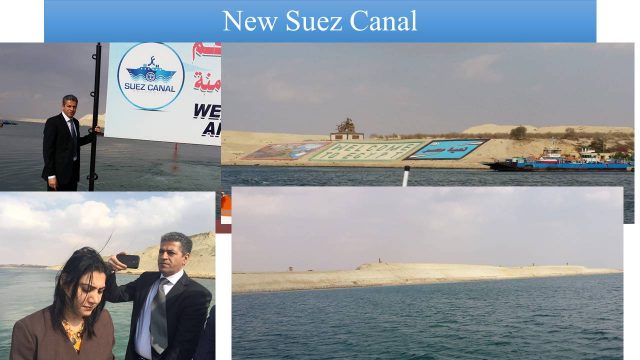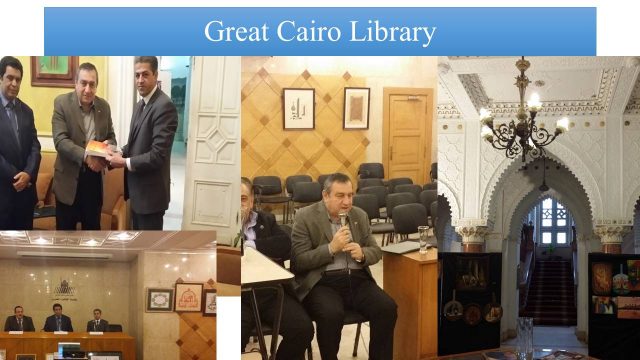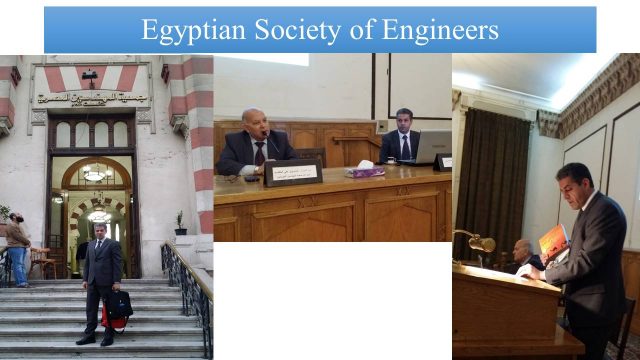“Vi må atter blive sande amerikanere”.
LaRouchePAC Internationale Fredags-webcast, 10. juni 2016
Jeg vil indlede vores diskussion med at påpege, hvad hr. LaRouche i de seneste dage meget klart har sagt: Vi befinder os i en ekstraordinært farlig periode i verdenshistorien. Det kan ikke ses tydeligere end af disse militærmanøvrer, der finder sted på de østeuropæiske grænser (Ruslands vestlige grænser). Disse kombinerede NATO-øvelser, der finder sted hele vejen op og ned langs Ruslands grænse, fra De baltiske Stater, ind i Polen og derfra mod syd. Dette er en kombination af fire forskellige, angiveligt uafhængige krigsspil, men det involverer live troppemanøvrer, af hvilke den største hedder ”Anaconda 2016”. Denne manøvre involverer 30.000 tropper fra 24 forskellige lande, inkl. 14.000 amerikanere, 12.000 polakker, 1000 faldskærmstropper og den virkelige krydsning af nøglefloden dér, Vistuta-floden; samt træning af natlige angreb, tungt militærisenkram, 35 helikoptere, 3.000 militærkøretøjer, flådemanøvrer osv.
Engelsk udskrift.
WE MUST BECOME TRUE AMERICANS AGAIN!
LaRouche PAC Friday Webcast; June 10, 2016
MATTHEW OGDEN: Good Evening! It's June 10th, 2016. My name
is Matthew Ogden, and you joining us for our weekly Friday
evening webcast here from larouchepac.com. As you'll notice,
we're taking a little bit of a different format than customary
today. We have a roundtable format, joined in the studio by Megan
Beets and Ben Deniston, from the LaRouche PAC basement science
team; and also Kesha Rogers and Mike Steger are both joining us
from the LaRouche PAC Policy Committee via video. So, we're going
to have a little bit of a freer kind of roundtable discussion
here.
I'd like to begin our discussion by just pointing out, what
I think has been said very, very clearly in the recent days by
Mr. LaRouche, that we're in an extraordinarily dangerous period
of world history. This couldn't be made more clear than seeing
these military maneuvers which are happening on the eastern
border of Europe (the western border of Russia). These combined
NATO maneuvers which are happening all the way up and down the
border of Russia, from the Baltic States, into Poland, and then
south from there. This is a combination of four different,
supposedly independent, war games, but it involves live troop
maneuvers, the largest of which is called "Anaconda 2016." That
one involves 30,000 troops from 24 different countries, including
14,000 Americans, 12,000 Polish soldiers, 1,000 paratroopers, the
actual crossing of the key river there, the Vistula River; and
the exercise of nighttime assaults, military hardware, 35
helicopters, 3,000 military vehicles, naval maneuvers, and so
forth.
If you take that, together with the three other maneuvers
that are happening right now, you have approximately 60,000
troops that are engaged in military maneuvers all along the
border of Russia. As Helga LaRouche pointed out, this the
greatest troop and military hardware maneuver that you've had on
Russia's border since World War II — the mobilization by Hitler
of the Nazi forces prior to the invasion of what was then the
Soviet Union. Obviously, this many troops engaged in live
military maneuvers, not only creates a very strong possibility
for some accident occurring, which could trigger a rapid
escalation towards a very hot war, which could escalate very
quickly; but also it's very clearly a provocation, which is being
taken by NATO with Obama in the leadership, directly towards
Russia. And it's being seen as such in the context of other
things, by the Russian President and other leading members of the
Russian military. It's also being recognized as such by various
forces within Europe. {Der Spiegel}, one of the leading news
magazines in Germany, put out a story on Wednesday, saying these
war maneuvers along the Russian borders, are "going too far", and
"are playing at real war". Clearly, any war that were to break
out between NATO and Russia would very quickly lead to not a
limited, not a tactical, but an all-out strategic, thermonuclear
war.
If you combine this with Obama's upcoming to trip to attend
the NATO Heads of State Summit in Warsaw, Poland, while these war
games are actively taking place, along with his refusal to sit
down with President Putin to discuss the deployment of these
AEGIS anti-missile systems along the Russian border, which have
been characterized as a "Cuban Missile Crisis in Reverse," along
with the trillion dollar allocation that Obama has recently
signed off on, to modernize the U.S. military arsenal, including
these B61-12 nuclear warheads, and the long-range LRSO [Long
Range Standoff] cruise missiles; all of these, taken together,
along with the simultaneous provocations that are happening by
U.S. forces against China in the South China Sea.
Any sane person should be asking themselves, "Why are we
driving the world towards the point of a war of extinction, when
we could be taking up Chinese President Xi Jinping's offer to
engage in a new strategic and economic architecture for the
planet, based on win-win cooperation?" This danger, and also the
very real possibility of a paradigm shift, were both put on the
table at a very significant seminar sponsored by the Schiller
Institute that occurred on Wednesday in San Francisco,
California. Both Kesha and Mike were participants. It was titled,
"Will the U.S. Join the New Silk Road? Global Scientific
Development, or Nuclear War?" Mrs. Helga LaRouche gave an
extensive and very thorough overview of this war danger in her
keynote address; and Mr. LaRouche, in his remarks, said very
clearly — this is the very beginning of what Mr. LaRouche said,
"The key thing I'm concerned about, is the threats to the
existence of the human species in the total area right now;
because right now, at this time, the existence of the entire
human species continues to be on the edge of jeopardy. And
therefore we have to attune ourselves to understanding what the
problems are that are involved in this, and what are the remedies
for which we can get an escape for humanity in general. Humanity
in general right now is under serious threat of jeopardy on a
global scale." So, that's very clearly said by Mr. LaRouche.
Also, I consider very significantly, in response to a
question which was posed from former United States Senator Mike
Gravel, who was also a participant, a speaker in this seminar. He
posed a question to one of the other participants, Sergey Petrov,
the Consul-General of the Russian Consulate in San Francisco, to
which Mr. Petrov said that there is no such thing as a limited
nuclear war, as some as some people would be delusional enough to
believe. What the Consul-General of Russia said at the Schiller
Institute gathering in San Francisco, is the following: "I share
the understanding that we are very close to a major conflict. And
I add that there is no possibility of a 'limited nuclear war.' If
that starts, it will be the end of the world."
I think the starkness of this statement, combined with what
Mr. LaRouche and Mrs. LaRouche both had to say, really
underscores the sobriety with which we have to approach the
discussion which we will have here today. Since both Kesha and
Mike were participants in that seminar, I'm going to leave a
little bit of the further discussion of the proceedings of that
event until a little bit later in the show. The seminar also
involved Mr. Howard Chang, an internationally renowned expert on
water projects.
But before we open up the discussion, I would like to play a
short — approximately 10 minute — excerpt from the keynote
speech that Mrs. Helga LaRouche gave. This is the concluding
excerpt of her remarks. She asked two questions: (1) How did we
get here?; and (2) What is the solution to the crisis we now
face? I just want to underscore, what you'll hear Mrs. LaRouche
say in this excerpt, is what Mr. LaRouche reiterated, and I think
is the subject that we have to pay attention to here today: that
both the LaRouche movement in general, and Mr. and Mrs. LaRouche
as individuals, {have played the crucial, central, historical
role} in not only creating the possibility for a solution to this
crisis, going all the way back to their proposal for the Eurasian
Land-Bridge: the New Silk Road, in the aftermath of the collapse
of the Soviet Union; but also continued to play the crucial role
in providing the possibility for humanity to escape this crisis.
This seminar in San Francisco was a crucial element of that,
but it's part of an ongoing series of interventions
internationally, which include a very prominent conference in
Europe that the Schiller Institute is sponsoring, coming up
within the next two weeks. So, we'll have more discussion on all
of that after we hear this short except from Mrs. Helga
LaRouche's keynote speech.
HELGA ZEPP-LAROUCHE: Okay, now, let me introduce the third
[subject I want to talk about]. The solution to all of this would
be a piece of cake. It is already there! A New Silk
Road is integrated. We called it at that time, first, the
Productive Triangle; in 1991 we called it the Eurasian
Land-Bridge: the New Silk Road, which was the idea that when the
Iron Curtain had fallen, [to integrate] the populations in the
industrial centers of Europe with those of Asia, through
development corridors. This New Silk Road program would have
changed the world in the direction of a peace order already in
'91, but, unfortunately, you had Bush, Sr., you had Margaret
Thatcher, you had François Mitterrand, who all had completely
different ideas. They [wanted to reduce Russia] from a superpower
into a Third World, raw-material-producing country, and they
imposed the "shock therapy" in the Yeltsin period. They
dismantled the Russian potential in three years , and
they had no intention to allow Germany to have any kind of
economic relation with Russia. So it did not happen.
You had the '90s, which were genocide against Russia. You
had all of the consequences of the Bush period. You had the eight
years of Clinton, which was a certain interruption; but then with
Bush, Jr. and Obama, you went back to the old project of an
American Century doctrine and the idea of a unilateral world.
Fortunately, in 2013, President Xi Jinping announced a New
Silk Road to be {the} strategic objective of China. In the almost
three years which have passed since, this idea to end
geopolitics, to establish in the tradition of the ancient Silk
Road, a win-win cooperation among all nations on the planet, is
progressing extremely quickly. Remember, the ancient Silk Road
was a fantastic cooperation in terms of exchange of culture,
goods, paper, technology, porcelain, silk, silk-producing, and
many other cultural manifestations. It led to a tremendous
benefit for all the countries which participated, from Asia to
Europe.
The New Silk Road, obviously, is doing exactly that. The
amount of projects which have been concluded between China and
ASEAN countries, China and Latin American countries, China and
Europe, China and African countries, China and East European
countries, and now, in a very clear fashion, the economic
integration between the Eurasian Economic Union, headed by
Russia, and the New Silk Road, [is progressing very well. An
alliance] has been formed between Russia and China, with India
being the third factor in the situation. Many, many other
countries have been joining.
Contrary to what you read and hear in the mass media, China
is not doing badly. They are shifting their economic orientation
from an export orientation, because the export markets in the
trans-Atlantic sector are shrinking. They are now going more in
infrastructure investment in many countries in the world, and to
develop the inner region of China. [To raise the] consumer [to a]
higher standard of their own population, since they have lifted
600 million people out of poverty, [into a] decent living
standard in China. This is indeed the absolute correct policy, to
say we will uplift the remaining people who are still poor, and
also make them participate in the Chinese economic miracle.
Xi Jinping has [offered] to President Obama that the United
States [should] not only by helping to ,
which I think is the moral obligation of the United States, given
the fact that they were the key reason why these countries are
now in such disarray; by participating in the building of Africa,
which I think the West has an absolute moral obligation. The
reason why you have millions of people as refugees, not only
risking their lives, drowning in the Mediterranean, dying in the
Sahara, which has even more victims than even the Mediterranean.
Fifty years of IMF policy has denied economic development to
Africa! The reason why people are taking a risk of a 50% chance
that they will die, to cross the Mediterranean, is because they
are running from war, from hunger, from epidemics, and this is
the result of Western policy denying this continent economic
development! We have a moral obligation to join hands to develop
southwest Asia, to develop Africa.
The United States also needs a Silk Road. If you look at the
figures of the U.S. Bureau of Labor Statistics, productivity has
collapsed over seven years in a row. All the indexes are going
down. The United States population is in a terrible condition, or
at least in the poorer parts; while the rich become more rich and
Wall Street is having a heyday with cocaine parties and plotting
destruction for the rest of the world.
The United States needs an infrastructure project. The roads
are bad, the traffic is ridiculous. People spend hours and hours
every day in commuting, risking to disappear with their cars into
a pothole. They have no rail system. China has built 20,000 km
fast train system up to the end of last year; they plan to have
50,000 km by the year 2020, uniting every major city in China
through a fast train system, which are fantastic — they're
smooth, they're fast, they're quiet. How many kilometers of fast
train systems has the United States built? Zero!
So, for the United States to build its own Silk Road, to
connect with the global development perspective is a question of
its own best self-interest. We have to get the United States off
this confrontation course, and simply say, we have to shift this
policy and all this trillion-dollar investment in modernization
of nuclear arsenals and the largest military budget in the world,
trying to maintain an empire which is collapsing anyway. Rather,
shift, get rid of Wall Street, impose Glass-Steagall, get back to
a policy of Alexander Hamilton, a credit policy; invest in
infrastructure and go in the direction of a win-win cooperation
with the other nations of the world — with Russia, China,
European nations, India; build up Latin America, build up Africa
and Southwest Asia.
This is really the choice before the United States. I know
this is very difficult for you to think how this should be done,
but you know, think about Kennedy; think about the kind of
optimistic country the United States used to be. Think about the
idea that America was built to be "a beacon of hope and a temple
of liberty," where people from the whole world would go and try
to be free. The U.S. singing the National Anthem, "the land of
the free." Is the United States the land of the free today? I
don't think anybody who is in their right mind would say that
today.
Go back to the values of the American Republic, as it was
founded by people like Benjamin Franklin, or George Washington;
go back to the policies of Alexander Hamilton, Franklin D.
Roosevelt, John F. Kennedy, Martin Luther King. I think if the
United States could mobilize itself to bring back that nation,
the whole would world would love to be friends of the United
States again. Right now, I can tell you, the rest of the world
has almost given up on the United States, and when they look at
the election process, the choice between a very, very irrational
Donald Trump and unfortunately a very, very predictable Hillary
Clinton, given her statements about confrontation against Russia
and China. I think you have to really mobilize now. And I think
the 28 pages, Glass-Steagall — these are flanks which can derail
the situation long before this election is going to take place.
We have to have a completely new world. Remember, mankind is
not a beast, and mankind is not bound to do what seems to be
inevitable. Mankind is the only species capable of reason,
capable of free will, of defining and designing a beautiful
future, and then going to implement that. The last time was with
Kennedy, the Apollo Project. I think we can absolutely do it
again! I think you have a great possibility in front of you. I
would encourage you — be American! Be true Americans again, and
the whole world will be the most happy and embrace you!
OGDEN: So, that was a short excerpt from Helga LaRouche's
opening remarks at the San Francisco seminar; and the full
proceedings of that seminar will be made available as they are
processed. The first panel is available on YouTube now. And as
I said, both Kesha and Michael Steger were participants in that
event; so maybe I can just throw the discussion open to one of
the two of you guys right now, to follow up on what we just heard
from Helga.
MICHAEL STEGER: Sure, thanks Matt. One of the most
interesting, one of the key aspects of this whole process and
what our organization does, was demonstrated at the discussion
process in San Francisco on Wednesday. You have key people in
their areas: Obviously, Senator Mike Gravel represents what is a
true American political tradition; to recognize that you fight
for what's true, you go against popular opinion and peer
pressure. And he was very clear on that question; you don't go
along to get along. As Lyndon LaRouche often says, "You can't
fight politically and go along with the popular opinion."
Dr. Howard Chang is a leading civil engineer; obviously the
Consul-General of Russia was someone who spoke on behalf of his
country. But the key question is that the standards our
organization represents in this existential crisis is something
unique; it gives these individuals an opportunity to wage a
political fight at the level necessary that inspires them towards
what mankind can accomplish, and also addresses the real crisis
in the world today. It's far too often that people who want to
address the economic crisis, people who want to address the
increasing and escalating war danger, fall far short of the
necessary to want to work with us. And two, to recognize the
quality of method which is necessary to address these problems.
These problems are of great scope and magnitude; it's not fixing
a pothole, although we have many potholes to fix as Helga points
out. And apparently, the Chinese won't even be allowed to build
— they wanted to build a small segment of high-speed rail
between Los Angeles and Las Vegas; very easy. Actually, east of
Los Angeles in the desert. And I guess apparently they won't
even be allowed to build that in the United States. So, we can't
build any high-speed rail; it's just been outlawed basically.
This just came out.
But the size and scope of these problems cannot be — steps
cannot be taken that simply alleviate one's guilt; or the tension
on one's own identity regarding the dangers of nuclear war, or
the increasing crisis that the economic collapse presents to many
Americans. Too many people want to look for a quick solution; an
easy mechanism that "Maybe I can vote for this person, or that
person." At this point, I think most people realize they can't
vote for either of these people; yet you'll still find them
consumed to discuss "Well, who do you vote for, though?" They're
not willing to recognize that there's a higher method which is
required to act to address this kind of crisis. And I think if
you look at Lyndon LaRouche's comments at the discussion, he
makes this somewhat clear in his remarks. Because there is
something unique towards mankind's ability to advance. Mankind
does not advance — unlike any other animal species on the planet
— simply because it doesn't like the problems it sees. It's
able to advance and evolve because of a unique creative capacity;
essentially to become more beautiful, to become more creative. To
make the discoveries about the Universe that have not been
discovered before. And that commitment, that approach is
oftentimes what's lacking; and as Helga said, we need real
leadership in the United States, we need leadership in Europe
today. The problem can be solved so easily.
The New Silk Road, the Eurasian development projects are so
extensive, they're ongoing; there are collaborations between
China, India, and Russia. And then the nations of central Asia,
of Southeast Asia; the strategic intervention in the war domain
in Southwest Asia; all of these are now being addressed in a
fundamentally different way than they were by the United States
and NATO for the last 15 years since the 9/11 attacks. Which has
just been ongoing war and destruction.
So, there's a comprehensive picture that the United States
and Europe could participate in. So, why aren't we? Why don't
we take those steps? Simply raising red flags that we're near
nuclear war, or simply complaining and trying to figure out which
of the lesser evils you vote for, are just obviously
insufficient. So, why does that remain the discussion? The
discussion has to take on a higher standard; and I think that's
what Lyn has already recognized over these 50 years. Because if
you think of it, 50 years ago, there was a quality of leadership
of this nature. John Kennedy recognized that the way you uplift
and strengthen a country is to set out on a mission that's never
been accomplished before; but it wasn't just the Moon. It was
the largest water projects, and the development of Africa. John
Kennedy's view of the world and of the Universe had a great scope
and magnitude to it, to help uplift the population; it wasn't a
practical campaign. Someone like Martin Luther King had a
similar outlook; and you saw that inspire people like Bobby
Kennedy and Malcolm X, but there was a resonance. You saw the
same thing from the great scientists like Krafft Ehricke; the
visionaries in the space program didn't look at it as kind of fun
engineering projects. They saw it as something of a cultural
advancement of the human species. And there was a resonance with
this quality of leadership politically, that unfortunately, I
think what was made clear by the seminar, is that many people are
attracted, they gravitate towards this quality of leadership if
they have a sense of honesty; but that the ability to demonstrate
this method, to act upon that quality of the human mind and human
creativity is a challenge for much of the population in the
United States and Europe today. And the standard that they have
to come up to, is not just acknowledging the dangers, but a
standard of operating to embolden and strengthen the population
to solve these problems and to move our civilization upwards.
And I think that really was the culminating nature of the
discussion on Wednesday at the seminar; and it really is to bring
more people into this quality of an organization. Of what we are
as a political organization, but that we are must become what the
nation is. And that requires our population must become better;
they must become more courageous, more intelligent, and more
beautiful if we're actually going to address these problems.
Because they're not going to be addressed from any simple
mechanisms; and I think that really was the fight we waged here
for the seminar, and I think the only way to deal with the
current crisis you presented at the beginning.
KESHA ROGERS: I want to continue with that theme, and add that I
think what we have to look at is the unique role of Mr. LaRouche
over these years to identify a science of physical economy; which
characterizes him in a way that was the understanding of both
Krafft Ehricke and other leaders from the standpoint of the
rejection — shall we say people that Michael brought up, such as
John F Kennedy, such as Lincoln, Martin Luther King. A rejection
of a limits to growth policy. And this is what Mr. LaRouche has
organized as the founding principle of his economic policy in
terms of what is the essential role of the advancement of
mankind.
During the presentation, I had an opportunity to actually
work with Michael and others there for the conference that was
just held in San Francisco. And I presented on the unique role
of Krafft Ehricke, the German space pioneer; and what he
represented from the standpoint of putting forth the epistemology
and the philosophy on human nature's identity in terms of
creating an open world system. Which was this idea that you
reject the Club of Rome meadows and foresters limits to growth
population reduction; the Malthusian policy that human beings are
nothing more than small lily pads, mindless beings. That they
have no conception of advancing human creativity. And this is
what was the unique role defining Krafft Ehricke from the
standpoint that he knew that is was not just a matter of
promoting technological advancements; but what do these
technological advances do to improve upon the conditions of human
life and the progress of mankind overall.
And this has been something that Mr. LaRouche understood is
crucial in his science of physical economy, from the standpoint
that you're not just looking at technological advancement from
speaking of just one leap. But you're talking about a succession
of leaps in economic progress in society. And during the
relationship that Mr. and Mrs. LaRouche developed with the
identity and role of Krafft Ehricke as a scientist and genius of
his time, is really exemplified in what Mr. LaRouche continued to
develop around his policy for a Moon-Mars colonization program. I
think that people who have not actually studied the significance
of Mr. LaRouche and why he became a threat to this zero-growth
policy, because he continued to push the limits, push mankind
beyond the so-called limitations that have been put on mankind;
just as Krafft Ehricke understood that our extraterrestrial
imperative was to actually remove all limitations and barriers
from the progress of mankind. And the best way to do this was
through the advancement of man into the colonization of space.
And I think it's important to note, that some people start
to put themselves into this smallness of thinking, in this
mindless thinking. "Well, how are we going to travel into space
if we can't actually solve the problems here on Earth?" And Mr.
LaRouche made it a priority to actually organize an understanding
of what real technological advancement is; this was exactly the
thinking of John F Kennedy in the progress of the commitment of
the Moon landing, of sending a man to the Moon and bringing him
safely back to Earth. That this was going to lead to
technological advancements that would pay themselves off several
times over; but what was going to be essential for it, is that
you had to have breakthroughs as Mr. LaRouche called for, in
several categories of technology that was actually going to be
essential for bringing about an increase in the productivity of
society. You take the example; you look at this massive
undertaking of what Krafft Ehricke did in the design and
development of what took men to the Moon, in terms of the Saturn
V rocket. It wasn't something that was just thrown together on
the cheap; you couldn't have just Wall Street and Elon Musk going
in there and saying, "OK, let us just throw a spacecraft up."
This took some real engineering; it was a total transformation in
terms of the economic conditions of society. Thousands, millions
of people were put to work; the spin-off technologies that went
into it. Mr. LaRouche called for the advancement of four
categories of technology, in thermonuclear fusion and related
plasma technologies; or development of electromagnetic radiation
of high energy density. Basically promoting new synthetic
materials or the production of the colonization of Mars; that you
were going to actually have to have flotillas in developing
low-Earth orbit. And putting materials on the Moon to actually
lead to the colonization of Mars. How are we going to get there?
We had to have engineers, we had to have astrophysicists.
The technical considerations are all laid out very
prominently, but I think what it really represents is a
transformation of the human species; and that's what Mr. LaRouche
was very crucial in, saying that you had to actually have a
different identity of who we are as human beings. That we are
actually distinct from the animal species; and that no
limitations can be put on mankind to keep them in a state of
bestiality. And the question of technological advancement is,
are these advancements being made in a so-called barbaric society
that wants to keep human beings down and keep them enslaved; and
promote a policy of limitations on growth and population
reduction so these policies would not be advanced. Or, are we
talking about a cultural Renaissance, where these advancements
are made as Krafft Ehricke understood, from the standpoint of a
new conception of mankind. This is what has really brought
together the minds, and why Mr. LaRouche sees Krafft Ehricke as
extremely fundamental to how we overcome the threats facing us
today in society.
OGDEN: Well, I think that's something that certainly you
elaborated very clearly in your speech at the conference, and I
think as we had a discussion with Mr. LaRouche yesterday;
everybody who is on this show was engaged in that discussion. Mr.
LaRouche put a very emphatic emphasis on the personality of
Krafft Ehricke and his courage in fighting for a vision which was
not a popular vision even among the people in the space
community. And Mr. LaRouche asked that more research be done on
this; and I know that both you, Ben, and Megan have been immersed
in this a little bit in the recent few days and weeks. So, maybe
you want to give people a broader idea of some of this.
MEGAN BEETS: Well, I can say something briefly. I was just
looking back at comments that were made by both Helga LaRouche
and Lyndon LaRouche at the memorial conference that was held in
honor of Krafft Ehricke in 1985, following his death in 1984. And
both Lyndon and Helga LaRouche reflect something which I think
really does go to the essence of the importance of the
personality of Krafft Ehricke in what we were able to achieve in
the space program. And what they both reflected was the fact
that his life made a contribution to moving the species as a
whole forward; but why? It's exactly because he was not
motivated by the kinds of practical considerations that were
impinging on most of the population at the time; and both Lyn and
Helga reflected the fact that Krafft Ehricke was motivated by a
total cultural optimism. That not only was it necessary, but it
was also possible to move mankind forward into the Age of Reason;
to move man into a paradigm where we completely left the cultural
vestiges of the beast behind us. And if you look at Krafft
Ehricke's work, which ranges from extremely technical papers on
the use of liquid hydrogen fuel to fictional stories which are
envisioning the first manned mission to Mars; but all of them I
think are motivated by this passion and vision for a better
mankind as a whole. And he came to the conclusion himself as a
young man, that the way to realize that had to be space travel;
had to be space colonization.
Just to add one more thing, Mrs. LaRouche was reflecting on
a speaking tour that Krafft Ehricke did with the Schiller
Institute in the 1980s in Germany. And what she reported was,
that at that time, the resistance from the Greenie movements was
so intense at some of these meetings, the police had to be called
in. What Krafft Ehricke reflected on at the time was that these
Greenie movements were very reminiscent of the fascist movements
of the 1930s; and that's why the only way to move forward had to
be by addressing exactly what you just raised, Kesha. The
essence of the cultural morality of mankind; is mankind a culture
of beasts, or is mankind actually representing a culture of what
Schiller would call beautiful souls?
BENJAMIN DENISTON: I think highlighting the fight for that;
he fought for that. He went against the opposition even within
the scientific community for that kind of idea; and I think that
also goes back to something that Michael was saying about what's
needed today. It's people like that; it's people who are going
to fight for what's true. Not because they think it's what their
neighbors will like, or because they think it's what will make
them popular; it's because they have an internal drive that they
know that's what's needed. You pulled up this quote — it's just
one thing among many — I just thought it was indicative; this
quote of Krafft testifying in Congress in, I believe it was in
1960, the early '60s. And really emphatically pushing the need
for nuclear power for space; he said, the Universe runs on
nuclear power. The stars are run by nuclear power; this nuclear
power is an inherent part of the Universe and mankind is going to
be obsolete in his attempt to be part of the Universe more
broadly — go beyond Earth, fulfill this extraterrestrial
imperative — if we reject nuclear power. That's one thing.
Already in the early '60s, he said, if we don't do this by the
end of the decade, we're going to be obsolete in terms of our
space efforts. Nuclear power is one issue; one critical issue,
obviously, for mankind as a whole, for space development. But
you see this visionary quality of fighting against the opposition
to these breakthroughs; and being the force that says, "No, this
is what's needed," against massive opposition. The tragedy is
that the opposition has taken over.
We had, under the leadership of Krafft Ehricke and people
working with him, we had a nuclear rocket pretty much built by
the early '70s; it was basically a few steps away from being
ready to go, and it was just cancelled. It was not found to be
too difficult; it was not found to be some failure; it was not
found to be too expensive; it was just cancelled. And we've had
this zero-growth policy take over at that crucial pivot point —
the late '60s, early '70s — when Lyn really came on the scene
and started to continue this fight. Obviously, Krafft resonated
with that, and came to work with the LaRouches directly based on
that; but you see the failure of departing from this visionary
quality and this fight to move into the future. But I think he
exemplifies what's needed from the US population right now;
you're not going to find solutions from the existing cultural,
social framework. It's failed; that's expressing the failure of
society.
We heard at the beginning, one of the things that strikes me
in discussing this whole war danger and the fact that we're
taking steps towards nuclear war, which I think it's important,
it was stated clearly. There's no limited nuclear war; there's
no small nuclear war, you don't take small steps. If it happens,
everything's over; it's gone. But what's potentially even more
striking than that actually being a reality on the table? Who's
talking about it? We have a Presidential election; are these
candidates raising this as an issue? Is there any discussion
about this? I think it just underscores the importance of that
quality of leadership needed; and exemplified by what was done in
San Francisco. We're going to be having, coming out of the
Schiller Institute conference in Germany coming up; and what
really this movement represents in the United States.
And I think this should also be an appeal to our viewers.
Really, this is a time when we need escalation; we need increase;
we need more support; we need more people to be these type of
creative leaders like Krafft Ehricke, like Lyndon LaRouche.
That's the only thing that's going to save the country at this
point.
OGDEN: Yeah, Michael made a point which I thought was very
significant. That, at a time like this, when it's very clear how
huge the dangers are, you cannot allow yourself to be any less
than the magnitude of the crisis challenges one to be. And the
magnitude and scope of thinking which is necessary to solve a
crisis of this sort, of a civilizational scale, must be huge in
those terms. And I think one thing out of this discussion about
Krafft Ehricke, that occurred to me is, when you're thinking
about where the entire idea of the geopolitics of the last 70
years has been rooted; it is rooted in the zero-growth
technology, no development kind of paradigm. The idea that there
are limited resources that a growing population is fighting over,
and these territories and so forth; that is the fundamental tenet
of the geopolitics that has dominated this paradigm which has now
failed. When you talk about a New Paradigm, when you talk about
"win-win" as Xi Jinping says it, instead of winner take all, all
are winners. That fundamentally requires, it begs a new attitude
towards our concept of growth; that there is no idea of limits to
growth, of fixed natural resources. But that you have an
ever-expanding possibility of ever-increasing potentials of
growth. I think as very demonstrated, China, in a certain way,
does understand that in the way that Krafft Ehricke understood
it; is a central element of their current policy, is not only the
One Belt, One Road policy, but it is also this exploration of the
Moon. Now just going to the Moon, as a sort of space race or
setting your foot on a foreign body or something like that; but
saying we're going to discover fundamentally new about the
Universe. And as Mr. LaRouche has been emphasizing, this Chang'e
mission to explore the far side of the Moon and everything that
is there to be discovered. We don't even know; we don't know the
extent to which we will discover brand new things about the
structure of the Universe when we explore this new territory.
That, I think, speaks to this idea that the idea of a New
Paradigm, a new "win-win" system, is rooted in overturning the
last 70 years of this Malthusian concept of zero-growth, zero
technological development, and fixed resources.
And it's only natural that Krafft Ehricke understood it in
those terms.
DENISTON: Anything else just goes to the longer legacy of
the Zeus vs. Prometheus fight. You talk about this zero-growth
paradigm; where did this come from? The British; the British
royal family. People like Prince Philip; people like Prince
Bernhard. This oligarchical mindset. These guys are so
explicit, their view of mankind is just disgusting cattle to be
managed. Zeus would just pal up with these guys; they wouldn't
even need to introduce themselves. They would just get together
like they've know each other for ages. That mentality of this
imperial conception of the management of mankind as a bestial
species; that's where this zero-growth paradigm came from in this
recent period, but it stretches back through history. You look
at the writings of Aeschylus on the Prometheus vs. Zeus fight;
the attack on Prometheus. And you see that as a reflection of a
true negative principle of society at the time, which is carried
through to today. This hatred of human progress; this hatred of
creative development; this desire to keep mankind suppressed to
this lower level. What angered Zeus wasn't just that he had
something stolen from him; it's that he had a whole class of
people he was managing, that Prometheus then gave an ability to
uplift and realize their own humanity. And for that, Zeus
punished him.
It's the same fight today; but today, Zeus has thermonuclear
arsenals at his fingertips. We're at a clear, and I think this
was very well expressed even in the discussions back in the '80s
that we're talking about, with the need to move to the Age of
Reason. We're at the point where mankind has developed
technologically to the point where if we allow that type of
process to continue, you're talking about mankind annihilating
himself; and that's what we're talking about right now, with
these NATO deployments. It's complete insanity. But again, as
we're saying, it's not going to be solved in the negative, by
just saying, "Stop that. Don't do that." It's going to have to
be resolved in the higher realization and actualization of the
true nature of mankind as a Promethean force; as Krafft Ehricke
represented. Today, as much as then, this need for an Age of
Reason is the imperative; and space is emblematic of the Age of
Reason, the age of mankind, really.
OGDEN: Well, I think it's important in the context of everything
that we've discussed, also to note that we really are on the edge
of a meltdown of the trans-Atlantic financial system. It was
noted this week that now major European banks are beginning to
cease their investment into the ECB, because of the ECB's
negative interest policy. They said, why should we be putting
money into the ECB if they're just going to be charging us for
putting our money there? So, Helga LaRouche said, there's a lot
of European bankers who are sleeping with billions of dollars
underneath their pillows in the current days. But this is, even
without the instability of what could happen in the build up to
the Brexit vote at the end of this month. I know our
institutional question for this week, which we haven't addressed;
was on the subject of the Brexit. And Mrs. LaRouche said, if
this means that Ireland and Scotland are going to leave the UK,
and the UK will break up; then sure, I welcome this. But in
seriousness, we are on the verge of the meltdown of the
trans-Atlantic financial system; the productivity of the United
States is through the floor; unemployment in this country is
unbelievable, especially youth unemployment. It's at levels that
are unprecedented in the modern history of this country. And at
the same time, you have the possibility of an entirely economic
paradigm presenting itself in the form of the New Silk Road;
everything that's coming out of the BRICS. We have the visit by
Narendra Modi to the United States this week; he spoke to a joint
session of Congress. There's a lot that could just happen; as
Helga LaRouche said, it would be very easy. It would be a piece
of cake for the United States to join this New Paradigm; and I
think that's the ongoing of the LaRouche Movement
internationally, is making that possibility very, very real. It
requires a policy revolution in the United States to bring that
about; but as was clear from the seminar in San Francisco this
week — and I think will continue to be clear in our
interventions in New York City around the Manhattan Project that
Mr. LaRouche has initiated; and then this upcoming conference
that's being sponsored by the Schiller Institute in Europe in the
coming weeks. The activities of the LaRouche Movement
internationally are crucial; and it's very significant that we're
at the breaking point in terms of several aspects of this.
Mrs. LaRouche also put a big emphasis on the continued fight
around the declassification of the 28 pages, because of what this
would imply in terms of the potential to bring down the entire
Anglo-Saudi empire. And also everything that was contingent on
the lies that were told in the aftermath of 9/11; and what that
has led to in terms of the perpetual war policies, the refugees
who are coming into Europe from North Africa and the Middle East.
So, all of these things taken together, represent a
situation which is dynamic, it's changing very rapidly, and it is
fertile ground for the types of interventions that the LaRouche
Movement is making internationally right now.
So, let me invite Kesha or Mike, if you want to say anything
more, in terms of reflections at the conclusion of this
discussion, you're welcome to.
STEGER: I'd say, let's get rid of Obama and join the New
Paradigm.
ROGERS: Yeah. I think it's true; we are at the end of an
era of representation of barbarism, war, and these limits to
growth consequences that Krafft Ehricke was very well aware of.
We're seeing the emergence of a new system of cooperation, a new
collaboration and dialogue among civilizations that's being led
by Russia and China. And I think the continued question being
presented by our activity is, will people actually join with
LaRouche and join with the nations who are representing this new
direction for mankind? And that means doing what Krafft Ehricke
did, and breaking with all practicality, and as you said Ben,
popularity; and actually going out and doing that which is
seemingly impossible. I think China gives us the light and the
inspiration as to human beings; that is our mission, that is what
we do. We do those things which seem almost impossible. And we
do those things that actually help to bring about the solutions
that are going to lead to a greater condition for mankind. So, I
think that's what we're representing right now, and we're on the
brink of a total breakthrough; unlike anything that's been seen.
But also, as Mrs. LaRouche said in her opening remarks, this
breakthrough is going to come with rejecting the absence of any
discussion on the threat of this thermonuclear war and what
mankind really faces. Because the question is, what kind of
society are we going to actually demand be brought into
existence? What kind of future are we going to actually bring
about for those generations not yet born? And Mr. LaRouche is
committed to that, and many more people as we've stated, need to
do the same.
OGDEN: OK. Well, thank you very much, Kesha. With that,
I'm going to bring a conclusion to this webcast here this
evening. I'd like to thank both Kesha and Michael for joining
us; and also thank you to Megan and to Ben. So, please stay
tuned to larouchepac.com; and as I think you can tell, we have a
very busy few weeks ahead of us, and a lot of responsibility. So,
thank you very much; good night.
